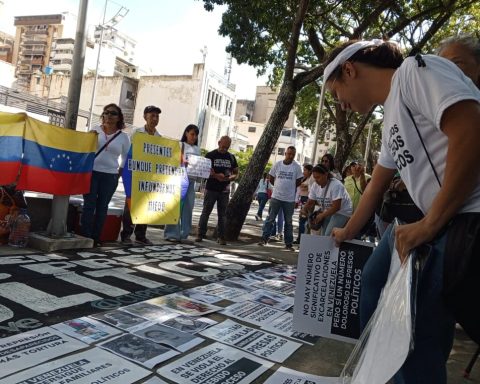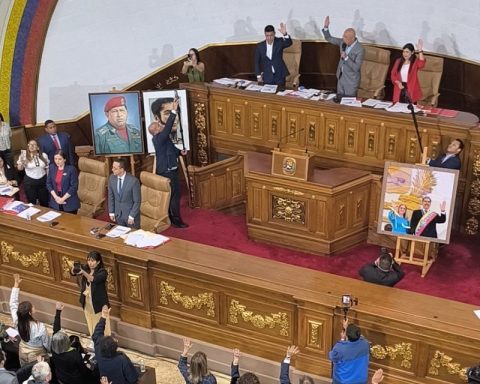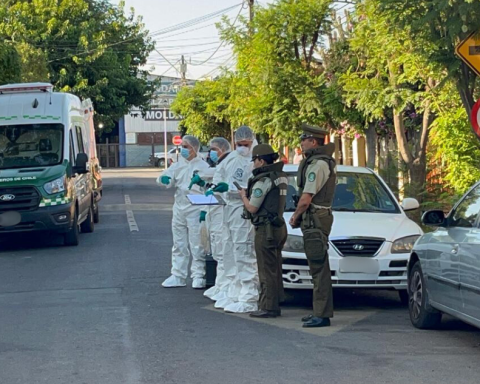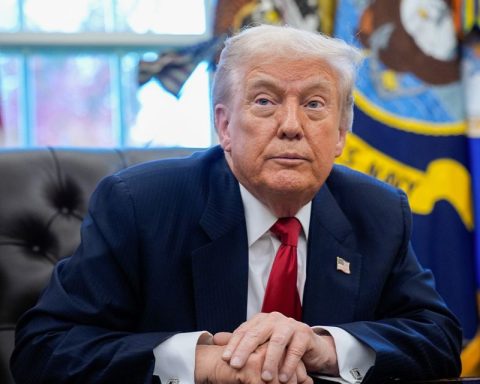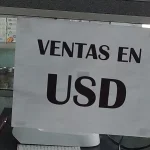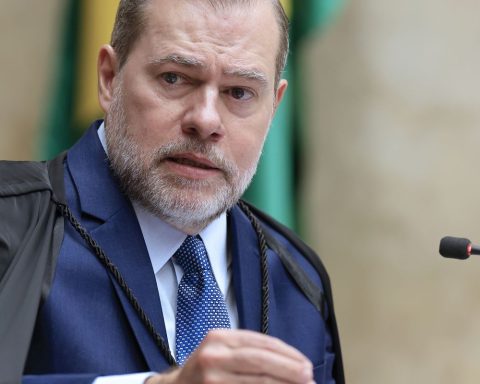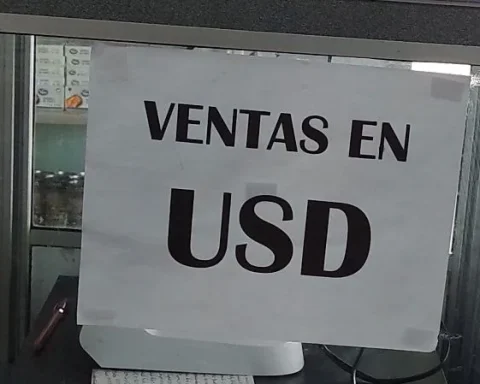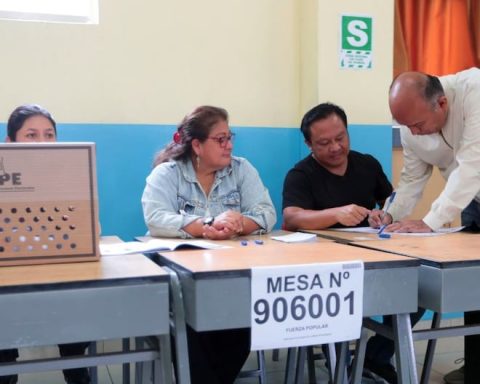In an interview he gave to Unión Radio, José Elías Torres, general secretary in charge of the Confederation of Venezuelan Workers (CTV), pointed out that establishing an emergency salary was not on the agenda of the meetings, but it is a priority for several organizations . He points out that a figure had to be established while the negotiations were finished, “so that the workers can bring something to their table.”
José Elías Torres, general secretary in charge of the Venezuelan Workers’ Confederation (CTV), revealed that in the dialogues with the International Labor Organization (ILO) one of the priorities is to establish an “emergency wage” for workers.
In an interview he gave to Unión Radio Hits Circuit, José Elías Torres pointed out that establishing that emergency salary was not on the agenda of those meetings, but a priority for several organizations. “A kind of emergency salary had to be reviewed while the negotiations were finished. There is an immediate amount for workers, so they can bring something to their table”he pointed.
In Torres’s opinion, it is necessary to establish that salary because the protests are a sample of what the citizens are asking for and that does not mean that by doing so, the demonstrations will stop. “The protests should continue, peaceful within the framework of the Constitution, because that helps us to see if the government can understand that there is a national emergency regarding the hunger of the workers,” he said.
*Read also: Workers and Government will talk about wages this Wednesday
The general secretary in charge of the CTV pointed out that a little more progress could be made in these negotiations, since this week they will have a meeting «to talk about the minimum wage with numbers in hand».
Regarding the setting of a minimum wage amount, he explained that there are averages, but it’s not about giving a raise, but to curb inflation, among other necessary actions. “There was practically a commitment from the bilateral meeting with the Minister, that this had to be reviewed,” said José Elías Torres.
He also explained that the workers advocate “wage policies that allow sustainability over time” and that what they grant now in February does not mean discontent later. For his part, Carlos Fernández, president of Fedecámaras, pointed out that the fixing of the minimum wage “is the power of the Executive”.
“The fact that after 20 years we have agreed that we all have to participate in the design of the methodology to set that amount, I think that this progress is very important,” said Fernández. Likewise, he indicated that although an amount was not agreed, it does not mean that the private sector does not review the remuneration of its workers.
“What was not achieved was an amount above the minimum wagewhich affects retirements, pensioners, public administration, because in the private sector the income is higher than that amount, “he said.
With information from Union Radio
Post Views: 40

